A Perth doctor almost single-handedly built two hospitals and improved respiratory services in Iraq.
An NHS Tayside doctor who fled Iraq has spoken of how he now splits his time between working in Iraq and Perth.
The inspirational medic spends a third of his time working in his home country where he established both a teaching hospital and a lung institute setting up specialist treatment not previously available in Iraq.
And when he is not in Iraq or seeing patients at Perth Royal Infirmary, respiratory consultant Mudher Al-Khairalla is off training doctors all over the world.
Fled Iraq when Saddam took over
Dr Al-Khairalla’s parents hail originally from the province of ThiQar which includes the city of Nasiriyah. Nasiriyah lies between Baghdad and Basra.
His family fled Iraq when Saddam Hussein came to power.
Mudher was raised in Yorkshire before going on to train as a respiratory doctor with NHS Tayside.
But he never forgot the people he had left behind and longed to go back and help rebuild Iraq.
He said: “My mum passed away in 2013 but she was instrumental in the concept of humanity and thinking of people less fortunate.
“She put a lot of that in my head at a young age and helped me strive towards that.”
Returned from 2003
And when Saddam Hussein’s regime toppled in 2003, Mudher took the chance to return.
He explained: “I started visiting in 2003 when the regime changed – sometimes with family but usually by myself – two or three times a year.”
It was during this time he was able to start sorting out paperwork and create networks and connections.
State-funded hospital
In 2013 – when he was working as a consultant in Doncaster, South Yorkshire – he and his family took the decision for him to resign from his post, sell the family home and move with his wife and three daughters to Iraq.
In 2015 he put his heart and soul into creating a state-funded hospital – Nasiriyah Teaching Hospital – with a specialised department in respiratory medicine. It took five years to build.
He also attracted investment in a private specialist hospital – ThiQar Lung Diseases Institute – funded by shareholders who “agreed to twin it to help support the state-funded one”.
Catchment area of 15 million
The hospital tertiary care catchment area is a jaw-dropping 15 million.
To put that into context, Perth Royal Infirmary serves a population of around 182,000.
Asked what health provision there was for these 15 million Iraqis prior to his intervention, Mudher said: “There wasn’t the services that they would enjoy now. No way.
“It was very remote and existing internal medicine specialists covered the basics of respiratory disease. There were no specialised respiratory services.”
The respiratory illnesses are “similar” to what might be seen in the UK. But there is a higher burden of certain infectious diseases such as pulmonary tuberculosis where Dr Al-Khairalla said he might see “three or five a day” in Iraq compared to “shy of 30 cases a year in Tayside”.
He said: “It’s a lot busier than Perth – it’s everything you would see here and more!”
‘Massive discrepancy’
And setting up two hospitals – almost single-handedly – was no mean feat.
He said: “The challenges are plenty. The way the healthcare system works is different.
“I was used to an NHS state-funded system of roughly £4,000 per head per year compared to in Iraq where it was $130 per head.
“So obviously a massive discrepancy between the two – and that’s why you have a thriving private healthcare sector.”
Safety fears
When Mudher took a role in the Iraqi government two years ago there were fears for the safety of himself and his family.
Mudher said: “There were personal security issues when I was nominated Minister of Health in 2020 because some people weren’t keen on me doing a lot of healthcare reform and focusing on regulating private healthcare so it doesn’t become too extortionate.”
He added: “Having both Iraqi and British cultures clashed with them a bit as well.”
Return to UK
This led to him upping sticks again and moving back to the UK and this time settling in – what he fondly describes as – the “stunning Perthshire area” with his family.
Nowadays his work in Iraq is more of a training role as he has now become a training programme director there.
He said: “I’m hoping over the next five years we’ll produce around 40 specialists in respiratory medicine across the whole of Iraq.
“That will make a massive difference so rather than just Mudher there will be 40 little Mudhers – male and female!”
And his young prodigies are not just confined to Iraq.
Mudher said: “I actually engage with a lot of my trainees across the globe: Malaysia, Africa, South East Asia, India… And I’m the regional rep for the Royal College of Physicians of Edinburgh in Iraq and also an international chair of examiners.”
This month he was examining trainees in the Emirates. Next year he hopes to examine in Hong Kong or Jamaica.
Citizenship award
His long-term plans are both global and more local.
Mudher said: “I’m hoping to train a lot more trainees, address some of the challenges Perth faces as well, and hope to do a bit more in terms of international exams.
“Then maybe in five/six years – if another opportunity occurs – to be influential within the Ministry of Health towards healthcare reform.
“I’ve got a blueprint – that has been seen by the WHO [World Health Organisation] – that I think would work quite well in Iraq so I’m refining and modifying it.”
Last month Mudher was recognised for his global achievements when he was awarded NHS Tayside’s Gold Global Citizenship Award.
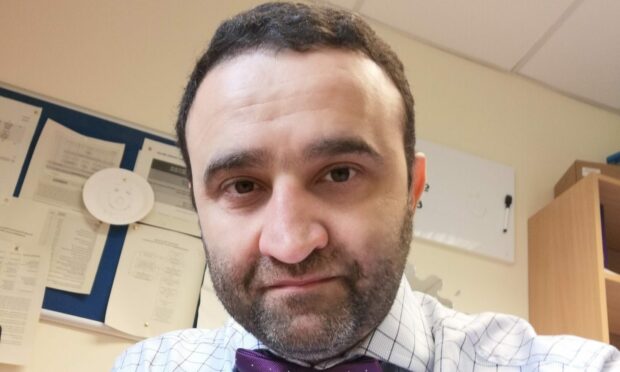
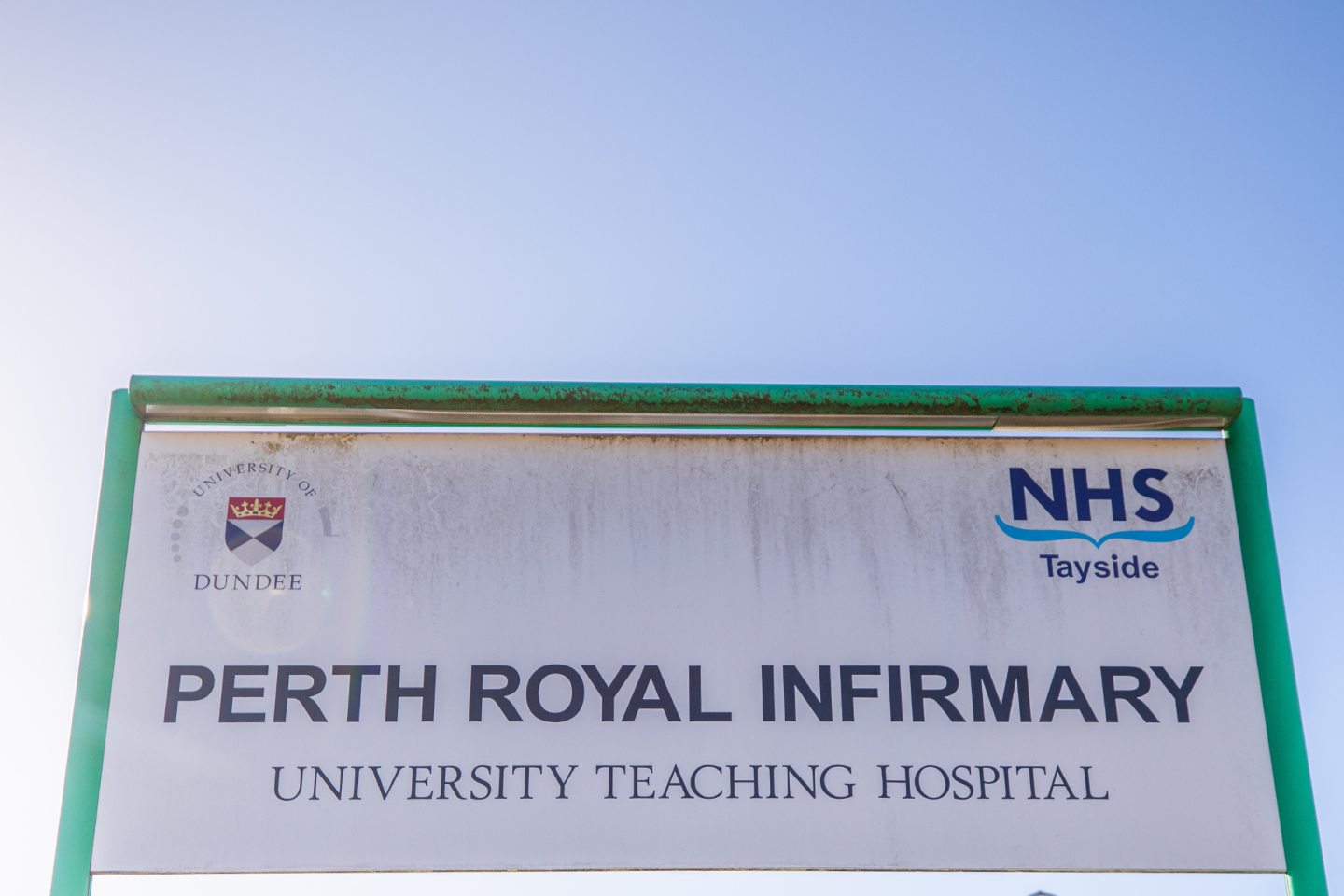
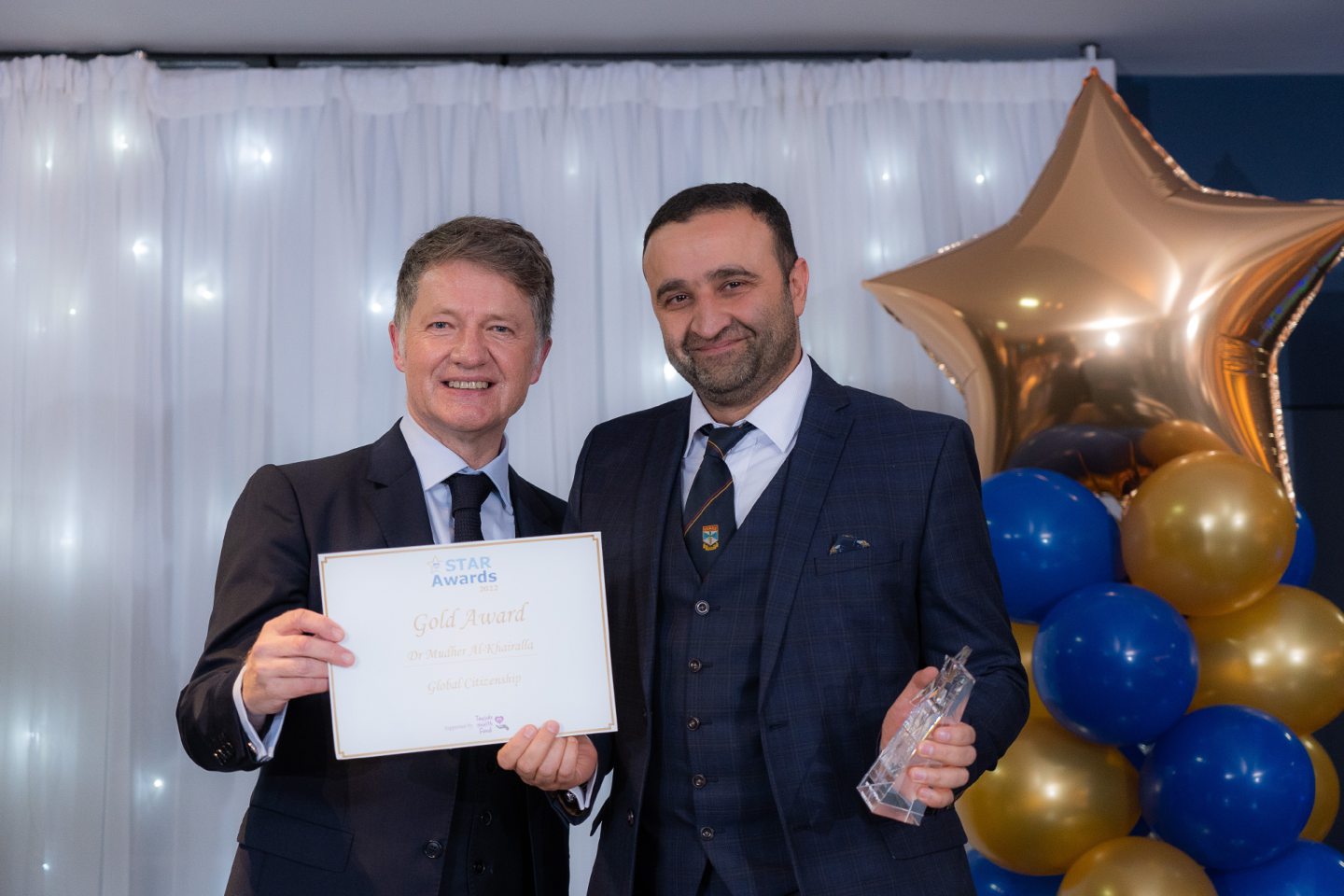
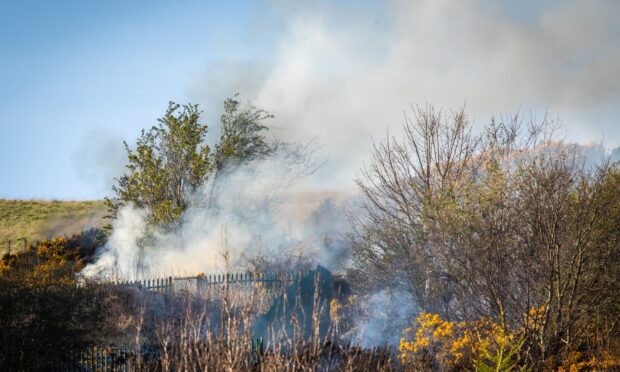

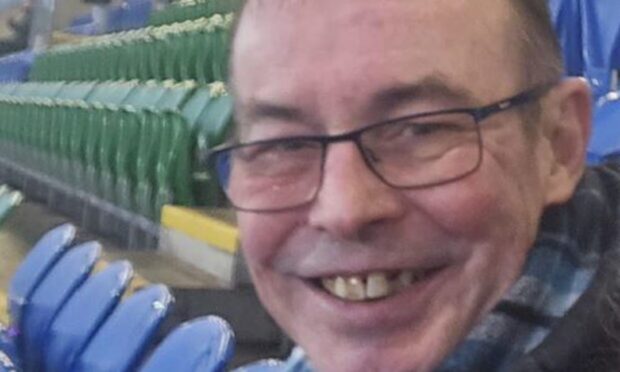
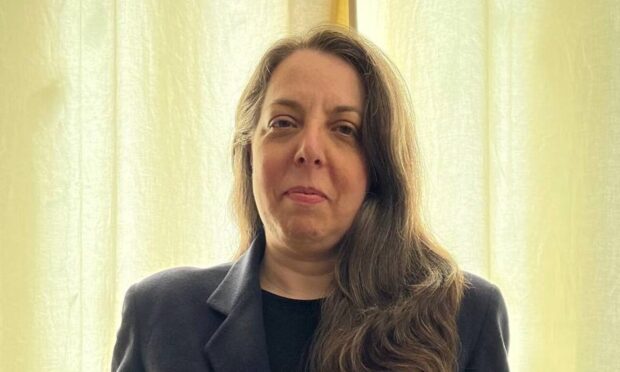
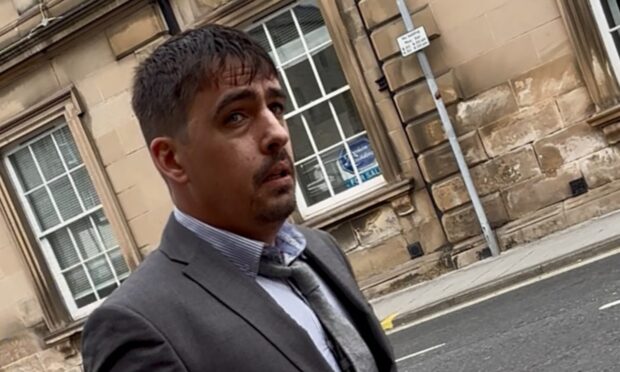
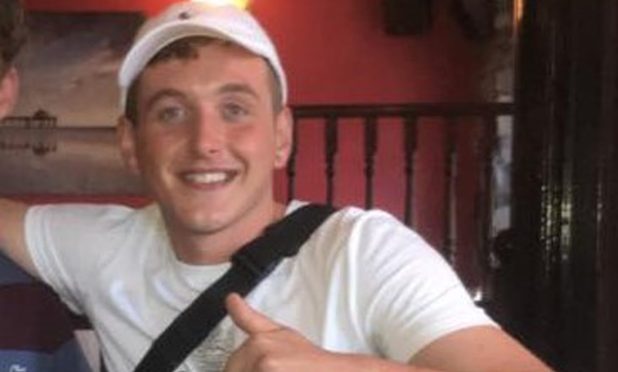
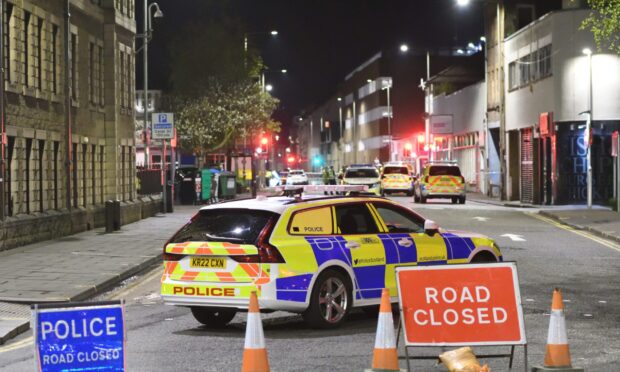

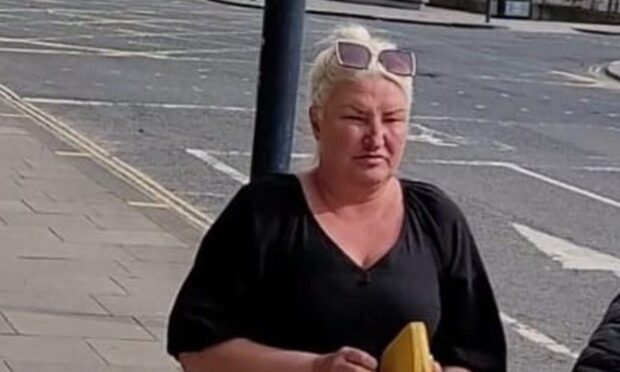
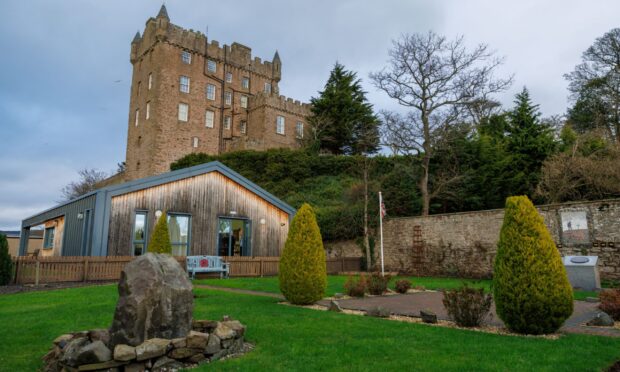
Conversation